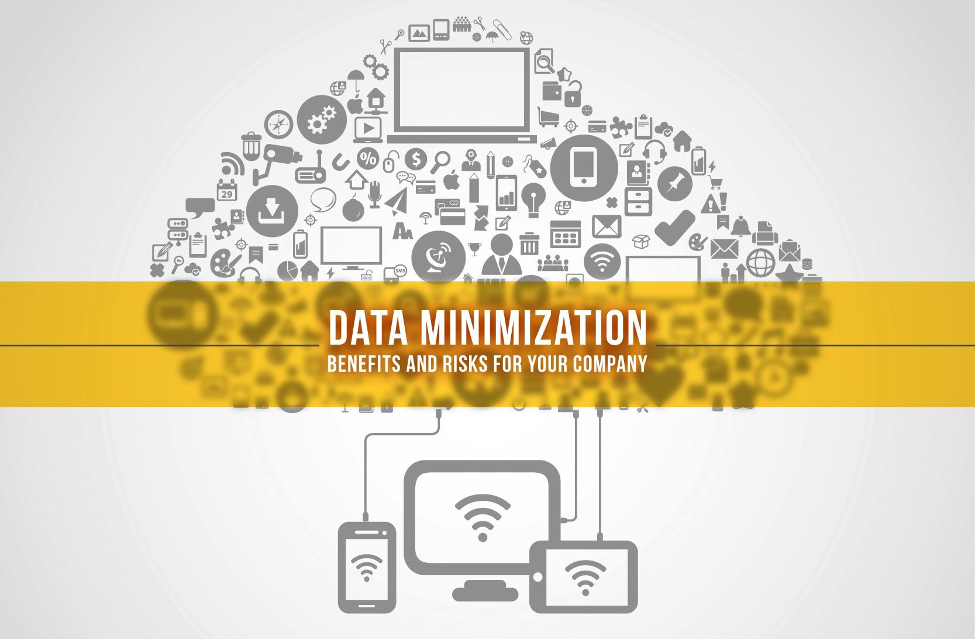We all understand how important data is these days. More important than getting good quality data to base decisions off on it's important to be able to protect data and safeguard the organization as a whole. Today, companies have access to tons of data at the click of a button, but securing this digital asset is a completely different challenge.
However, this is a double-edged sword. On one hand, the more data a company has the more it can optimize its processes and improve decision making but on the other hand, simply having this data is a risk in itself. It requires a larger, and often more complex, digital system to store this information and this larger system also requires more security and more complex security solutions to keep data out of the hands of criminals.
Data specialists today say that nearly 80% of the information and data that businesses keep is redundant, obsolete, and trivial (ROT).
In order to counter this excessive buildup of unnecessary information the latest privacy regulations such as the GDPR encourage companies to streamline their data banks. There are significant advantages to having the right kind and amount of data onboard.
Companies can worry less about data leakages and this also significantly reduces their digital footprint, meaning they are less of a target for cybercriminals. This practice of optimizing data storage is known as data minimization.
In order to make this practice of data minimization even more effective, companies are encouraged to follow four main points when deciding whether or not they should keep data.
- Timely – The data should be reviewed periodically and anything that is no longer relevant or important should be deleted.
- Relevant – The data that is stored should have a rational link to the purpose that it is stored for.
- Limited – Organizations should only collect and store that data which is absolutely necessary.
- Adequate – Businesses should only have enough data for them to perform the task they need to perform.
These are now essential steps for any organization that needs to meet regulatory compliance. However, more than just security and compliance, data minimization also helps make data storage for businesses more efficient by reducing the cost of storage, improving digital performance, and reducing the amount of computing power needed for the organization. Similarly, having the right data also helps the business improve its operations with less time spent in actually finding the right kind of data and sorting through terabytes of unnecessary information.
In order to make data minimization, a reality businesses have to use good data management tools and instill sound data governance.
Data Management and Data Governance
To implement data minimization businesses need to know what they need to collect and why they need to collect that data. A clear system needs to be laid out for data usage, data standards should be established and this information needs to be relayed to all members of the organization.
To this end, businesses should use the four pillars of data management which are data discovery, analysis, preparation, and retention.
Data Discovery
This involves defining the data that has been acquired and stored. Then locating where the data is stored in the organization, and finally building an inventory of who owns or has access to the data.
Analysis
This involved defining the purpose and required unsafe. Making sure the data complies with legal standards and making sure the data is serving the purpose it was acquired for.
Preparation
This is about communicating the right usage policy for the data, ensuring that the data is protected and ready for further processing in the organization.
Retention
This is about sorting data and ensuring that redundant data is disposed of while user data is kept.
With these policies and strategies in mind, businesses can then use a variety of data management tools to sort and filter their data and also devise more efficient ways of gathering the data that is most relevant to them.



 714-333-9620
714-333-9620